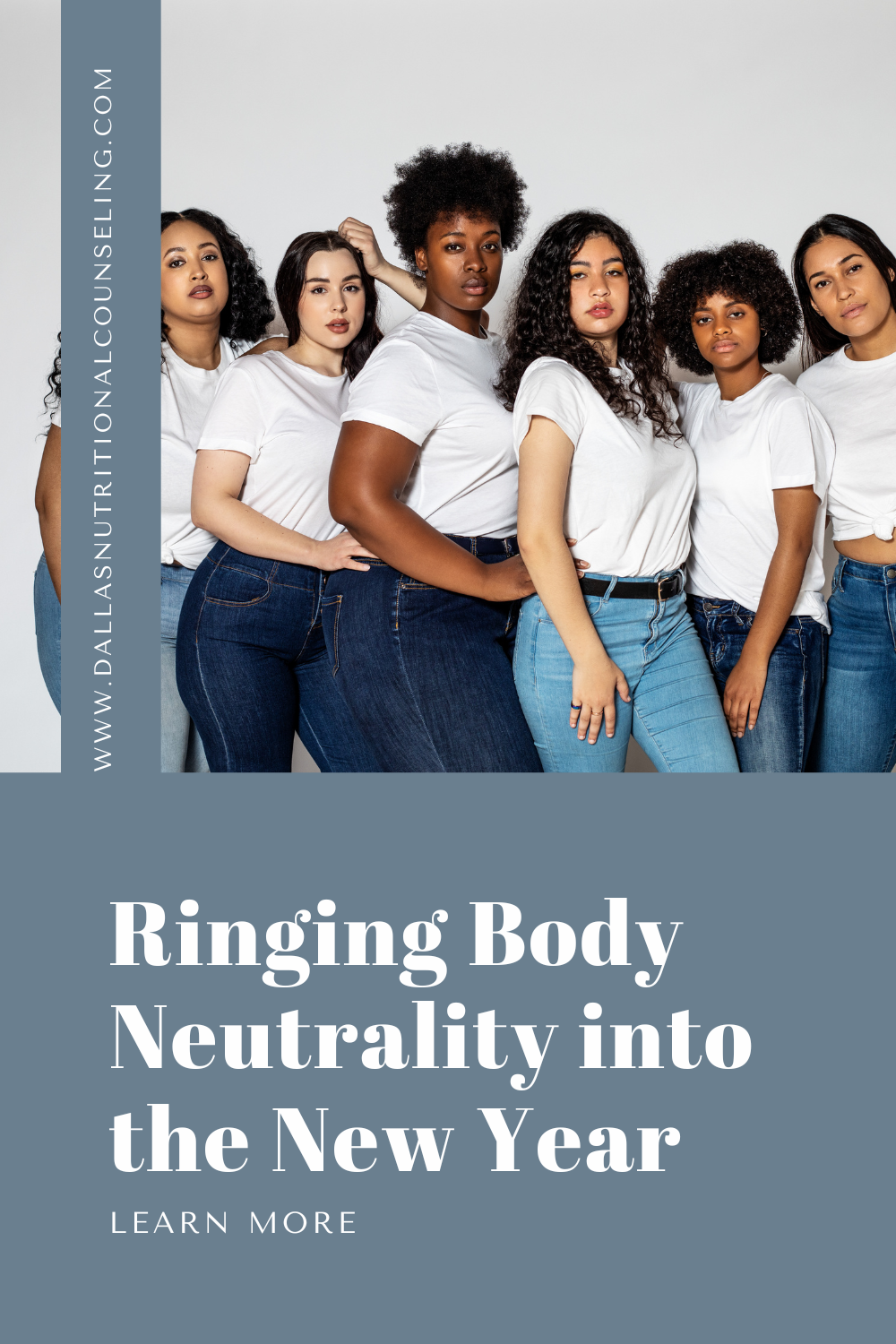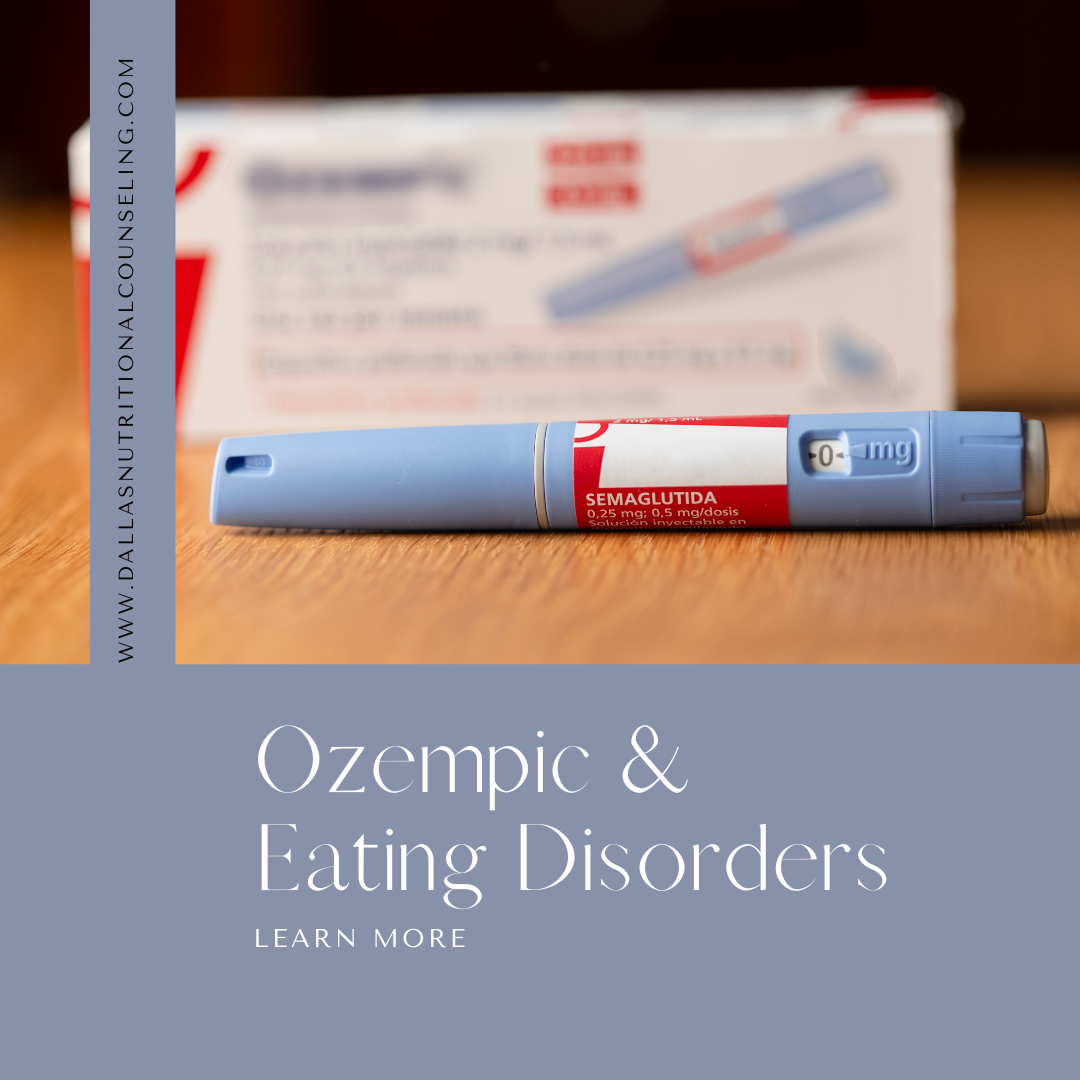What is the difference between overeating and binge eating?
Overeating is simply eating past your fullness, while binge eating is eating done in a short period of time on larger amounts of food than considered normal, and a sense of lack of control during the episode. Binge eating is marked with distress, guilt, and shame. Binge eating has a psychological component and it utilized as a coping skill to manage emotions.
What are signs of binge eating?
Some signs of binge eating include eating more rapidly than normal, eating until feeling uncomfortably full, eating large amounts of food when not hungry, feeling embarrassed by how much eaten, and feeling guilt associated with the eating.
What are some of the causes of binge eating?
Just like all eating disorders there is no one specific cause rather a perfect storm of risk factors. Genetics, psychological and emotional health such as trauma, neglect, and abuse, and social and cultural influence all contribute to the development of binge eating disorder. In addition to these factors restrictive eating practices such as dieting and food deprivation, whether actual or perceived, enhance the development of binge eating behaviors.
What are some strategies for healing from binge eating disorder?
Working with a trained eating disorder dietitian and therapist can be really beneficial in learning specific coping skills to manage and heal from binge eating disorder.
The best thing parents can do is bring their children to eating disorder trained professionals such as a dietitian and therapist. Restricting your child from the foods they binge on will only make things worse.
If you need help navigating your relationship with food and want to meet with one of our dietitians please visit the schedule page below.
Dallas Nutritional Counseling - What is the Difference Between Overeating and Binge Eating? Advice from a Registered Dietitian and eating disorder expert.



It’s that time of year again when people start looking at their lives and thinking about what they want to improve. We’ve all heard someone say, “New year, new me.” Something about the start of a new year gives people hope of a fresh start. Year after year people make resolutions focused on physical changes such as cutting out sugar, losing weight, and exercising more. So why do only 8% of people stick to their resolutions?